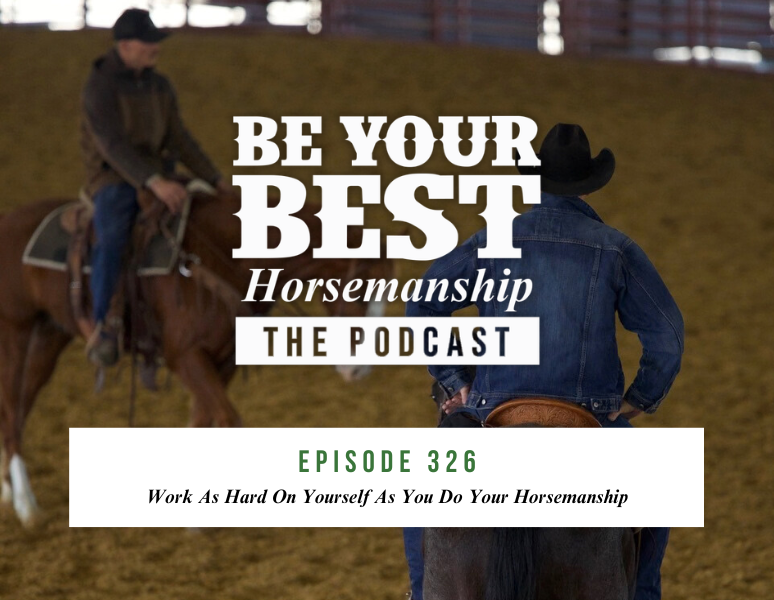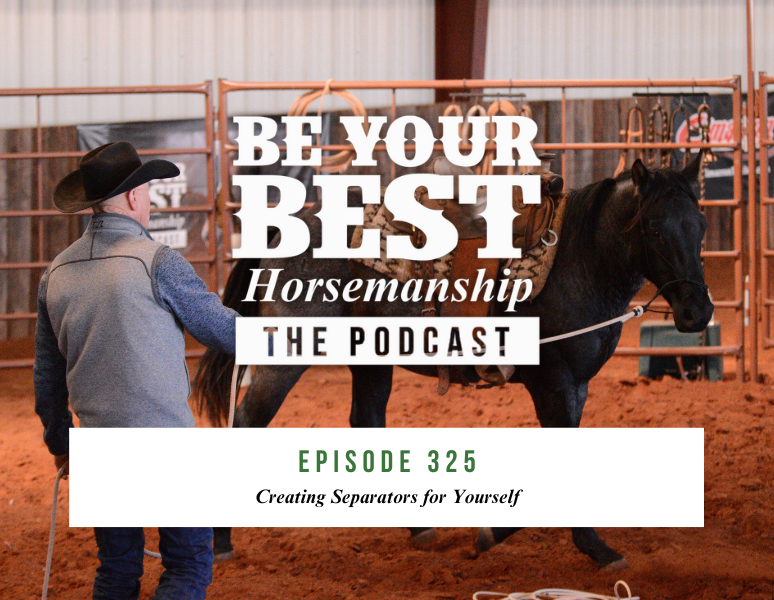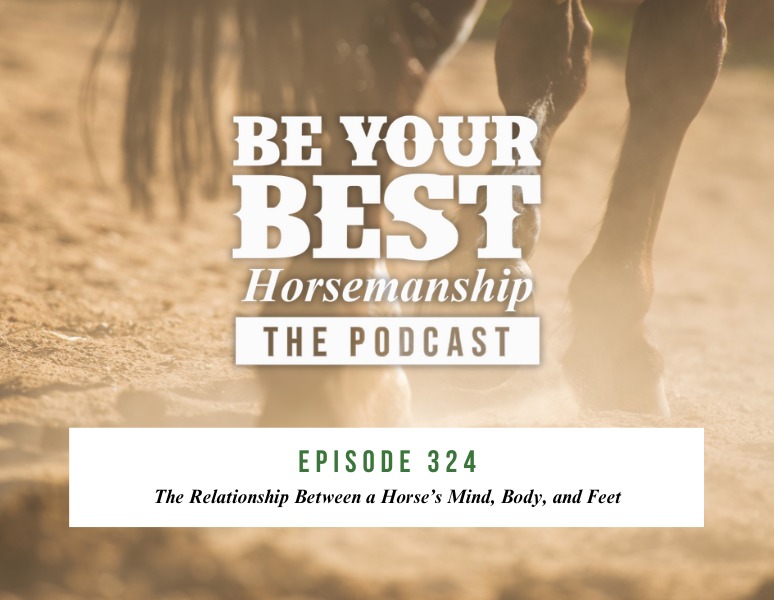Ep 243: Finding and Refining Your Niche in the Training Business
As I work with more and more trainers across the country, business strategy continues to be one of the most prominent topics of discussion for new and emerging trainers. Join me for this episode as I share some insights on the process of finding your niche and how refining your area of expertise can be a powerful transformation in the training business.
Recently, Bridget and I were discussing the impact of a commercial we saw for turnover balls. These are devices that allow you to flip a hitch ball in the bed of your truck when it's not in use, making the truck bed flat and usable for other purposes. Bridget remarked on what a great idea it was, and it got me thinking about how businesses often start with one great idea and become incredibly successful by focusing on that.
I remember the old days when we used to install large plates with a ball in the middle permanently attached to the truck frame. It worked well enough, especially for someone like me who always had a trailer hooked up. But for those who didn’t, it was cumbersome. The turnover ball revolutionized this, providing the flexibility to use the truck bed fully when the hitch wasn't needed.
This discussion led us to realize how many successful businesses thrive by being exceptional at one thing. Bridget pointed out that some of the most successful restaurants have limited menus. They don’t try to offer everything to everyone. Instead, they focus on a few items and excel at them. This resonated with me because I followed a similar path in my own career.
When I started, I focused solely on colt starting. It was a niche area but crucial for setting a horse up for success. As a colt starter, I was responsible for creating confidence, establishing trust, and reducing anxiety in young horses. Every day was about either building a horse’s confidence or inadvertently creating a situation where the horse felt it needed to defend itself. It was a challenging job, but I knew that being great at this foundational step was key.
Initially, I wasn’t perfect. Just like the creators of the turnover ball likely had their share of prototypes and failures, I had horses that were a struggle. Some days, I expected a fight, and sure enough, that’s what I got. But through learning and persistence, I improved.
This principle applies universally. Restaurants with a concise menu, businesses with a clear focus, and individuals with a niche skill set often perform better. In the horse industry, you can’t be everything to everyone. Pick your niche and excel at it. For me, it was colt starting. I dedicated myself to being really good at it, and over time, that built my reputation and business.
One thing I always emphasize, especially to those new in the business, is the importance of finding your niche and becoming excellent at it. Many people reach out to me for advice on how to charge for services, what to offer, and how to grow their training business. My advice is consistent: identify what you’re good at and focus on that. When I started, I didn’t try to offer every possible service. I focused on colt starting and proved my value through results. This led to return and referral business, which is critical in our industry.
If you’re a breeder, for instance, you should plan what to do with your product from the moment a foal is born. Are you preparing them for futurities, getting them sale-ready, or training them for private treaty sales? Each decision requires a plan and dedication to being the best in that particular approach.
Having a mentor and an accountability partner can also be invaluable. It's essential to have someone to guide you and keep you on track. And remember, talk is cheap. You need to take action and be prepared to invest in your development. This might mean spending time and money, just like going to college. But in the long run, focused, dedicated learning and practice will save you from costly mistakes.
In our horse world, just like in any other industry, knowing your strengths and playing to them is crucial. Always work to improve your weaknesses, but don’t let them distract you from what you’re good at. This focused approach has worked for many successful individuals and businesses, and it can work for you too.
In summary, start with one thing you can be really good at and build from there. This approach has proven successful time and again, whether you’re starting a business, working on your training program, or developing a new product. Focus, dedication, and continuous improvement are the keys to long-term success.




